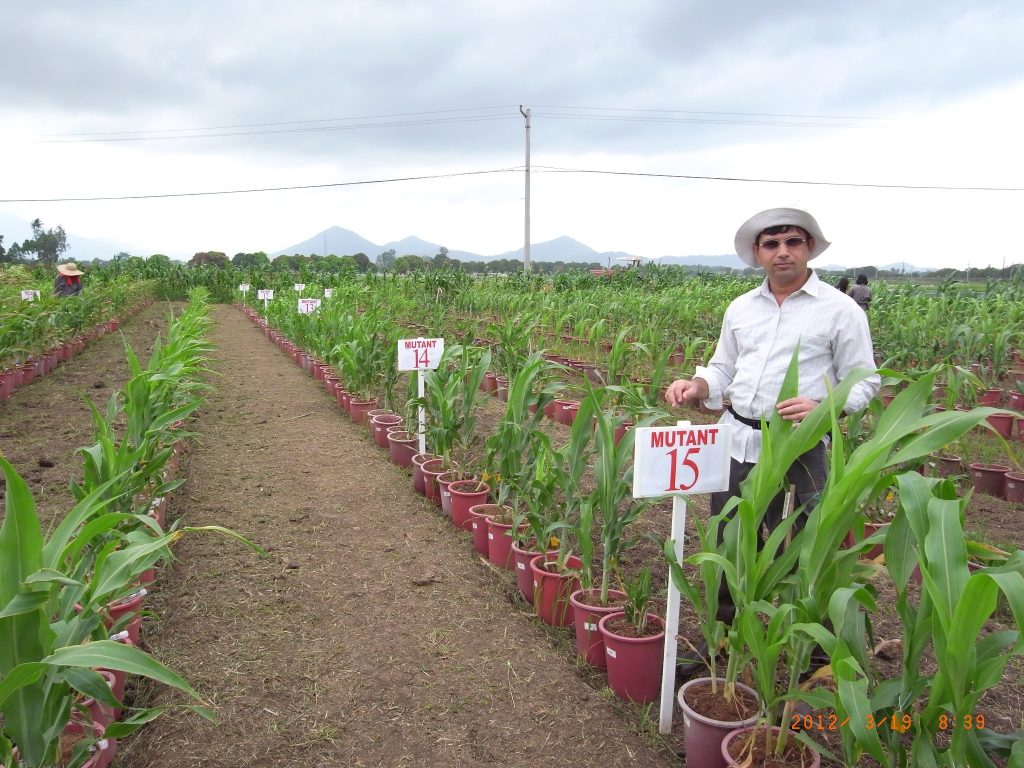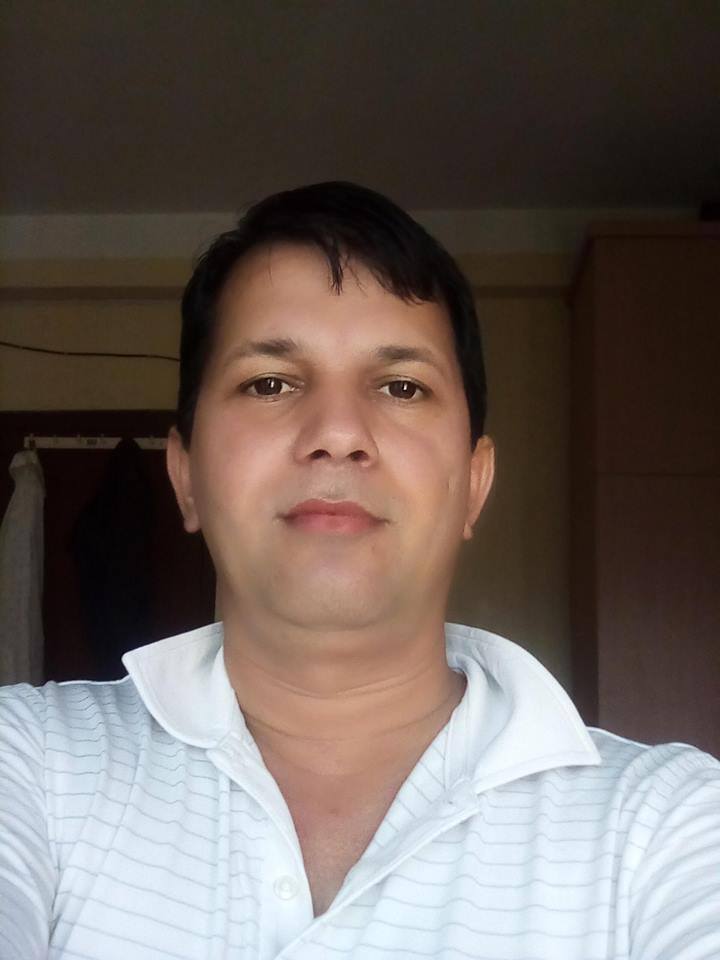“Did you get your NOC?”- Jamyang asked me closing his umbrella, as he entered the police head quarter.
“No, not yet,” I replied.
I knew Jamyang through a few encounters. For the first time I saw him in Thimphu. It was rather he who met me. One of my brothers, Hem was studying in Khaling. Once Hem came to Thimphu with his class mates during their educational tour and stayed with me. I was showing him around the campus. An officer-looking man drove near to us, stopped his car and asked us if we knew anyone from Khaling School who was staying there. Hem started talking with him. The man was Jamyang. He had his nephew in Khaling School and wanted to send some gifts or necessities and some money to him. Hem decided to help him. As a token of gift, Jamyang gave us some hard cheese pieces and some ngultrums. We considered him a good person.
Months later I met him in school auditorium, when he came to watch a drama “King Gesar of Ling” performed by the students of my school and I was one of the door keepers. He arrived late and was without a seat. I felt pity on the good man standing and I managed a chair for him. He offered me a chewing gum in return. This was my second encounter with him.
My third encounter was two days earlier. I met him in the police headquarter in Thimphu. He was also there to get No Objection Certificate (NOC) for his relative and I was waiting for mine. We exchanged formal greetings and he asked me if I can get my NOC. I said it was ready on the officer’s table. He was relaxed to hear that from me but for his document he had to wait for two more days. Those two days, I was in the police office all through the working hours. I wanted the NOC for an interview. My NOC was ready long back but they hanged it with a question. I would stand at the end of the queue for NOC, when my turn comes the officer would ask me to wait some more time. I would join the end of the queue again. Finally, I took the corner for my place and frequently requested for my NOC. Some known and many unknown people came to the office. Some got their documents others didn’t. I could see the happiness and desperation dividing the class mates, school mates and country mates. People changed, time changed, days changed, their ways of interrogation changed; but neither they changed their one question, nor did I change its answer. The only fault they could find was my second name matched with a leader’s surname. They wanted to know my relationship with Tek Nath Rizal, a prominent figure they had in their net. In two days, Jamyang got the NOC. He talked to the officer about me and in return taught me an affirmative answer to their question, which I was hesitant to say.
That week, I experienced the worst rain in Thimphu. From morning till evening I had to stay in the police office expecting them to give me NOC, which was ready on their table. After the office closed I had to walk on the flooded streets looking for hosts to host me free for a night. On the day of interview, I was given the NOC. It was late for the purpose. By then, I had demonstrated my parasitism to all the people I knew who were from my village and others who were not from my village. They had hosted me several times. No guts could force me to seek a host for one more night. I returned to my village that would take 2 days to reach from the capital.
Two days after getting NOC I was heading towards my home from the nearest bus stop. Rain and storm began to welcome me treacherously. My bag sized umbrella was a weak shield against the storm and torrential rain. I took the shed of a local school, which was closed for a year or so. Rain, came with a force as if to move the school building from its location. The corridor was too narrow to shed the slanting rain brought by the wind. The only place I could squeeze myself was the narrow corner between the closed door and the thick wall.
After hours of waiting, the rain became less forceful but did not stop. I removed my shoes, carried them over a heavy back packed bag, covered with the umbrella and walked towards home. I did not feel like attracting the attention of the people in the few houses beside the way to my home. I walked faster near those houses. In other places I walked slowly to reach home late. Later the better, I wanted to reach home late to hide my defeat, of not getting NOC on time, under cover of darkness. The brooks and streams were swollen. Rain still continued followed by cold wind.
When I reached the place where my house used to be, there was no house and no sign of a house. The places where the beds were, where the ovens were, there were tall broom grasses growing, freshly planted. Then, I realized, my parents were no more in the country, house demolished and proof of a house that existed was erased completely.
……………………….
“Do you have some length of ropes?”- asked Dhimal Dai
“I am not sure; I will have to ask my parents”- I replied
“Look around and give me if you have” – he insisted.
“Look around and take it” – I replied.
Dhimal Dai, one of our good neighbors, in the newly established asylum seekers’ camp in Nepal, wanted a string to tie his flapping plastic sheet strapped between two bamboos net that gave him a roof. I was a chronic guest in my hut. I knew no answer to where and what of any things in my hut. I had a bed made of bamboos, a book rack made from bamboo and a few books and papers. My mother would cook and serve me. Sisters prepared my cloths and hanged them besides my bed. My sanctum in the prized hut was made up of bamboo walls, plastered with soil and news papers pasted on top of it.
We lived in a matrix of tiny beautiful huts. These huts looked like freshly painted huts on grey soil background with a few tall trees. No sooner the above conversation had ended, my dad and mum came home running, breathing more loudly than the runners after a tough marathon. It was an afternoon of a day in early September 1993, when a storm began to hover over the bamboo huts. In times of storms, neither the people evacuated to flee, nor did they have a safer place in the neighborhood to resort to. My parents took out some coil of strings and began tying the ends of the roofs to bamboo poles, to stones on the ground and to what not. There was no cooking in the house. The kids were outside running wild and their guardians running after them. The sharp wind spread frequent torrents. The clouds grew dark and swirl. It was eerie to see kids playing outdoors. It was an opportunity for them to take a satisfying bath in the natural shower.
The storm soon geared up and the loosely tied roofs began to seek freedom from their places and moved with the swirl. Lightning began to throw flashes and flames. If not for the frequent lightning, the afternoon was dark like a night. The wind and rain disturbed all forms of hearings. The roofs amplified the rain’s beating and the wind’s howling. The magnification increased. Within minutes, roofs were taken away; floods began from inside of the huts. The residents were wet. Until the roofs were blown away, people kept pulling the ropes tied to the ends of the roofs, to prevent them from flying with the winds. As soon as the storm goes victorious over the possession of the roofs and people lost, the already drenched people would move to see their neighbors and their roofs. The narrow spaces between the huts were filled with wind brought debris, branches and leaves from the trees; bamboo sticks from roofs and walls. Although a few huts could retain their roofs, most of the roofs were taken away.
After about two hours the world was different, clouds were gone, blue sky looked down sympathetically, the sun peeped from a distant west. Birds were back to the trees. The trees looked slimmer than before. There were pools of water all around. People resorted back to remaking their disturbed roofs. I wanted to go around and see the might of the catastrophe. Shoes were useless, we had no boots, slippers would not accompany the feet for the second step; so was the soil. Brother Jewan, a friend, a neighbor and a relative accompanied me. We decided to go bare feet to see the rape of the wind. We walked across the camps.
“Devastation”
To rebuilt huts most of the owners had to restart from a scratch. There was nothing we could do. We talked with people, whoever we met, on the range of destruction. Half way through the camp, we had to cross a small canal. There was a short bamboo bridge to cross it. When we were on one side of the bridge, ready to step on it, a big branch fell down from a tree and hit the bridge. Two of us were saved by seconds. We returned to our respective huts. Father had repaired the roofs to his best effort. There were papers scattered all over.
“Check if the papers on the floor are important”, my father told me.
I checked and there were newspaper cuttings which I had conserved as important.
There was a thin clean paper floating on the muddy water, it was my NOC.
Kyoto, Japan (2007)


